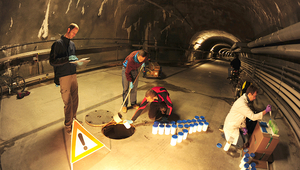Archive News
February 27, 2020
February 17, 2020
November 19, 2019
October 30, 2019
October 23, 2019
September 17, 2019
September 10, 2019
September 3, 2019











